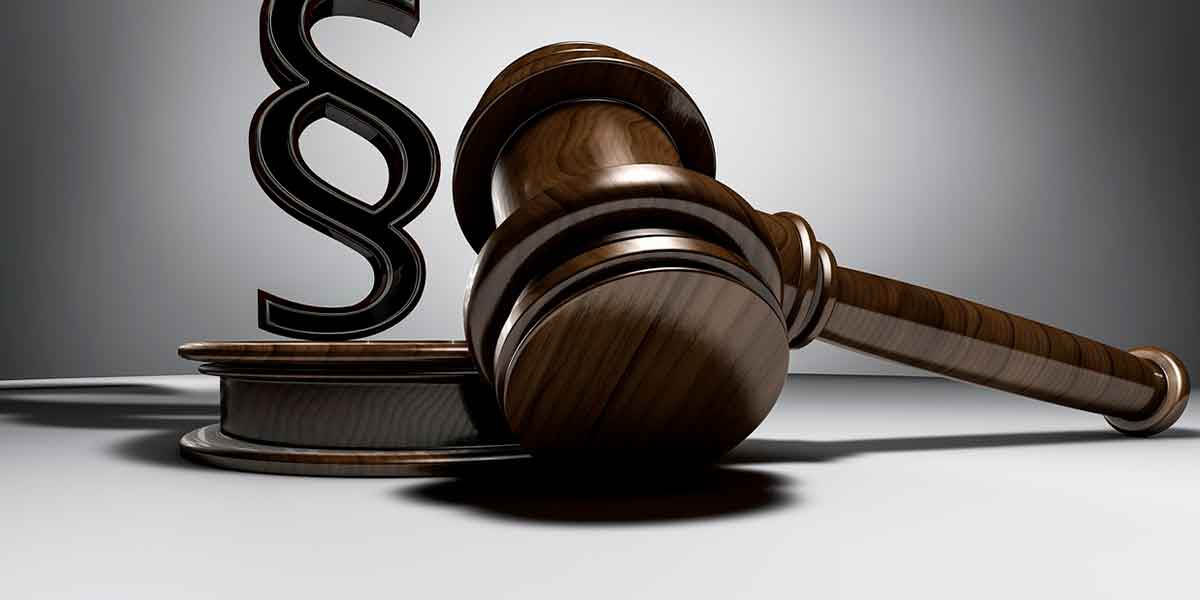When someone passes away, their estate often undergoes a legal process to ensure the proper transfer of assets to the rightful heirs. This procedure, known as probate, involves validating the deceased’s will. The executor named in the will is tasked with distributing the assets to the beneficiaries. If no executor is specified, the court appoints an administrator. Given the complexity and duration of probate, many questions arise. Below are some frequently asked questions to help you better understand the process.
Initiating Probate with a Will
If a will exists, it typically designates an executor. Sometimes, multiple executors are named, and they must collectively decide on one person to act on behalf of the estate. The first steps include registering the death and arranging the funeral. The chosen executor can then decide whether to proceed with the probate process independently or seek assistance from a probate attorney.
What to Do If There Is No Will or It Cannot Be Located
If a will cannot be found, consult family members or local solicitors who may have been involved in its creation. In the absence of a will, the court will appoint an administrator to manage the estate’s distribution.
Executor’s Obligation to Continue Probate
Being named an executor does not obligate you to proceed with probate. You can relinquish your role to other named executors or, if you are the sole executor, delegate the responsibility to a lawyer. Attorneys can leverage their expertise to streamline the process.
Legal Responsibilities of the Executor
An executor must adhere to probate laws and prioritize the estate’s and beneficiaries’ interests. This includes settling any outstanding debts and taxes before asset distribution. Properly notifying creditors is crucial, as the executor is liable for any claims made after the estate has been divided.
Engaging an Attorney in the Probate Process
For estates of lower value, probate may not be necessary. However, for estates with significant assets, consulting an attorney is advisable to navigate the complexities involved.
Handling Taxes During Probate
Upon death, the estate must settle taxes for the decedent’s final tax year. The executor is responsible for filing separate tax returns for the deceased and the estate, calculating income and estate value accordingly.
Executor’s Liability for Estate Debts
Executors are not personally liable for the estate’s debts unless the estate’s value diminishes due to their mismanagement. They may also be responsible for debts from loans co-signed with the decedent. Ensuring the estate is accurately valued helps in settling all obligations.
Adhering to the Deceased’s Will
Yes, the will should be followed as per legal requirements. If there are attempts to misuse the estate, beneficiaries must act promptly to protect their inheritance.
Costs Associated with Probate
Executor compensation and attorney fees are governed by law. The will may specify the executor’s compensation, or they may request payment from the beneficiaries. Attorneys typically charge a fixed rate for handling court proceedings.
Conclusion
Managing the probate process can be daunting without proper knowledge of the legal intricacies involved. Hiring an attorney can provide valuable guidance and ensure a smooth process, minimizing potential complications. Their expertise can expedite the probate process, ensuring it concludes efficiently and without issues.




